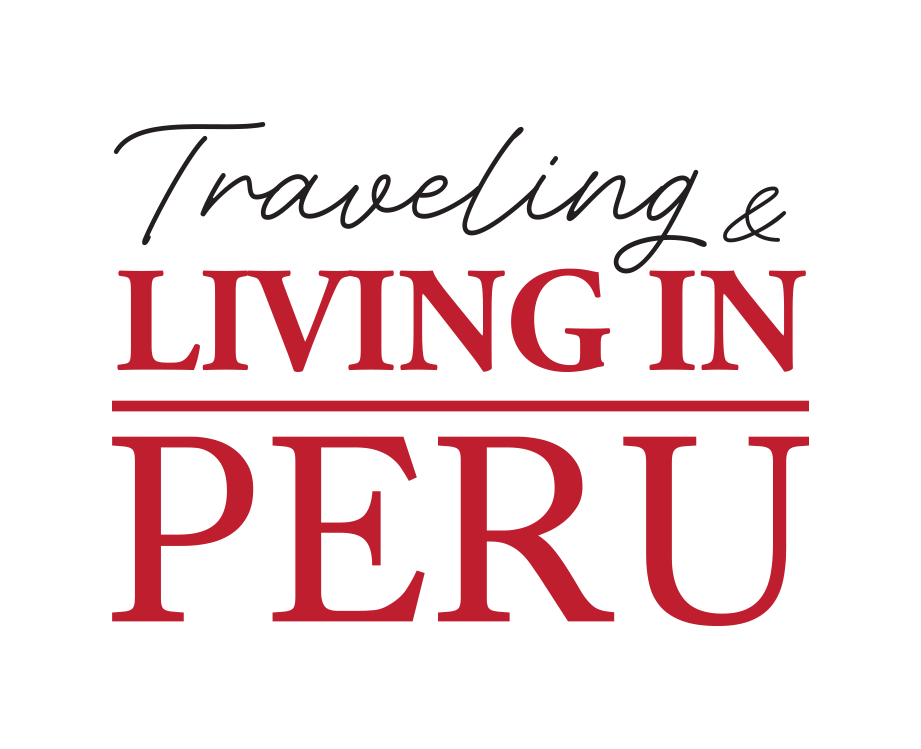On May 26th, at 10:45 p.m., Oscar Figueroa was named the Peruvian winner of Diageo’s 15th World Class, a competition to elevate the global cocktail scene. Five months later, he’s ready to proudly represent Peru’s rich culture and heritage on the world stage.

Born and raised in Cusco, Oscar moved to Lima to further his bartending career. He participated in the 2023 World Class Cocktail Competition, becoming one of the three finalists in the Speed Round, which he unfortunately lost to Omar Lopez. Immediately after the competition, he prepared to become the next World Class Bartender.
What is World Class?
This year, 2024, Diageo is celebrating 15 years of World Class. For the past decade and a half, this event has inspired bartenders worldwide, encouraging them to immerse themselves in upscale drinking and cocktail culture and engage deeply with the concept of Fine Drinking.
What Changed This Year?

We sat down with Oscar to learn more about his journey. “I was a sore loser last year, so I had to work on myself, learn to handle my emotions, and work through that. It was a year-long process of working at the bar and exercising my mind, body, and showmanship. I took English, yoga, and improv classes to let loose,” says Figueroa.
Last year, after several years on the El Mercado bartending team, Oscar was named head of the bar program at Osterling’s Italian-inspired restaurant, Rocco. Rafael Osterling is a renowned Peruvian chef with restaurants in Peru and Colombia, where cocktails are essential to the experience. Oscar found himself in a new leadership position while also being a contestant. “Since day one, I had the support of Rafael (Osterling) and Rodrigo (Alzamora) — the partners at the Osterling Restaurant Group — without their help, none of this would be possible.”
A New Journey
“Winning was the result of a lot of hard work. I won against the best; Joel (Chirinos), my final contender, is one of the best in the country. I was humbled and grateful to compete against him.”
After winning and receiving the roadmap for the challenges ahead, Oscar began assembling a team of industry friends to support him: Bruno Ferrari, the Diageo World Class Lead, who coaches him on the corporate side; Andrés Rodríguez, a photographer and videographer who documents the journey; María Fernanda Vivanco, a sommelier and sociologist helping with the presentation; previous winners; local spirit makers; and anyone else who adds value.
The first challenge is Community Heroes. As in previous years, the Ketel One Brand team challenged global finalists in Diageo’s World Class Global Finals to create “Garnished with Good” cocktails that benefit communities, turning them into true “Community Heroes.” Oscar’s creation is Qori, a transformative cocktail initiative to revitalize Cusco’s chicherías — traditional malted corn breweries — struggling post-pandemic by blending vodka with a clarified soda made from chicha de jora. This cocktail fosters connections between bartenders and chicha producers, ensuring cultural preservation and economic growth. With its potential to be adapted across Peru, Qori symbolizes resilience, community commitment, and sustainable development in hospitality. “I made this video with Andrés; we traveled and created this great piece. Qori is a social project I want to keep developing when I return; it’s a wonderful cause. I want this cocktail to be served instead of a pisco sour, with the first toast being a Qori,” Oscar adds.

IN THE KNOW: Discover more about Qori by watching the video here. Every view counts towards Oscar’s success in the competition.
He will travel to Shanghai for the following challenges:
“I believe World Class changes countries yearly because it encourages you to bring your identity while adapting to the host country. All the ingredients I’m bringing are Peruvian and Chinese and are available here,” Figueroa says.
Haipai Challenge
Create two cocktails based on Don Julio Tequila: one representing Peru and another representing the host country, China, “or what the bartender thinks of this country and region.” Perla de Lima, representing Peru, is a Negroni-inspired cocktail with Don Julio, Vermouth Avelino Red and Rose, grapefruit syrup, and cacao fat-washed amaro. Ni Hao Shanghai is a martini-inspired cocktail based on Don Julio, Mirin, and brined longan fruit. “Asian culture is delicate, clean, and pretty full of details,” Oscar explains.
Future Stride Challenge
For this challenge, he created Blue Harmony, a highball based on Johnnie Walker’s Blue Label, with a soda made with Koji and ume plums. “This is my favorite of all,” he says.
Industry Legends Challenge
This challenge involves creating three cocktails representing the past, present, and future. For the past, Oscar chose Salvatore Calabrese, featuring Tanqueray No. 10, lemon juice, orange liqueur, and syrup made from orange juice and kumquats. For the present, he selected Agostino Perrone, who “turned the martini into art.” Agostino plays with bitters, and Oscar developed a custom bitter with the Avelino Team called Hospitality Bitters, using coastal pink grapefruits, gentian from the Andes, and sacha cinnamon (Ocotea aciphylla) from the Amazon. For the future, he chose Monica Berg, a significant figure in the industry known for her influence and advocacy for change. “When she talks, everybody in the industry listens. She invites you to show who you are,” Oscar says. He created a one-sip martini, just as she recommends, featuring green olives from Caravelí in Arequipa. To present his service, he is working with Pájaro Loco wood carvers to create a unique display.
Sense the Moment
A theatrical presentation in which Oscar prepares cocktails to the beat of Peruvian music, aiming to create a memorable experience. “I’m not holding back; I will show them the moves from different Peruvian dances.” The cocktail base is The Singleton 12 Years, with honey-jasmine syrup, lemon juice, and Benedictine in a punch-style cocktail for the jury and the public.
The Top Eight
Once he advances to the next round, Oscar must create a pop-up bar in 18 hours. He named his bar PachaWok, blending Peruvian and Chinese cultures based on altitudes. This project will involve a Chinese artist working live, and he can also select two of the regional finalists. He will also compete for the People’s Choice Award for this bar.

“This time around, I’m dividing my focus on each challenge. I’ve learned that the competition is about participating, showing who you are, doing your best, enjoying it, and creating a community. Beyond the contest, this is a great experience for building bridges for our country.”


